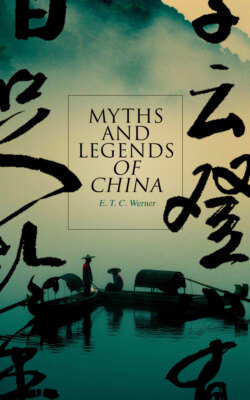Читать книгу Myths and Legends of China - E. T. C. Werner - Страница 71
На сайте Литреса книга снята с продажи.
Confucius's Agnosticism
ОглавлениеConfucius (551–479 B.C.) did not throw any light on the problem of origin. He did not speculate on the creation of things nor the end of them. He was not troubled to account for the origin of man, nor did he seek to know about his hereafter. He meddled neither with physics nor metaphysics. There might, he thought, be something on the other side of life, for he admitted the existence of spiritual beings. They had an influence on the living, because they caused them to clothe themselves in ceremonious dress and attend to the sacrificial ceremonies. But we should not trouble ourselves about them, any more than about supernatural things, or physical prowess, or monstrosities. How can we serve spiritual beings while we do not know how to serve men? We feel the existence of something invisible and mysterious, but its nature and meaning are too deep for the human understanding to grasp. The safest, indeed the only reasonable, course is that of the agnostic—to leave alone the unknowable, while acknowledging its existence and its mystery, and to try to understand knowable phenomena and guide our actions accordingly.
Between the monism of Lao Tzu and the positivism of Confucius on the one hand, and the landmark of the Taoistic transcendentalism of Chuang Tzu (fourth and third centuries B.C.) on the other, we find several "guesses at the riddle of existence" which must be briefly noted as links in the chain of Chinese speculative thought on this important subject.
